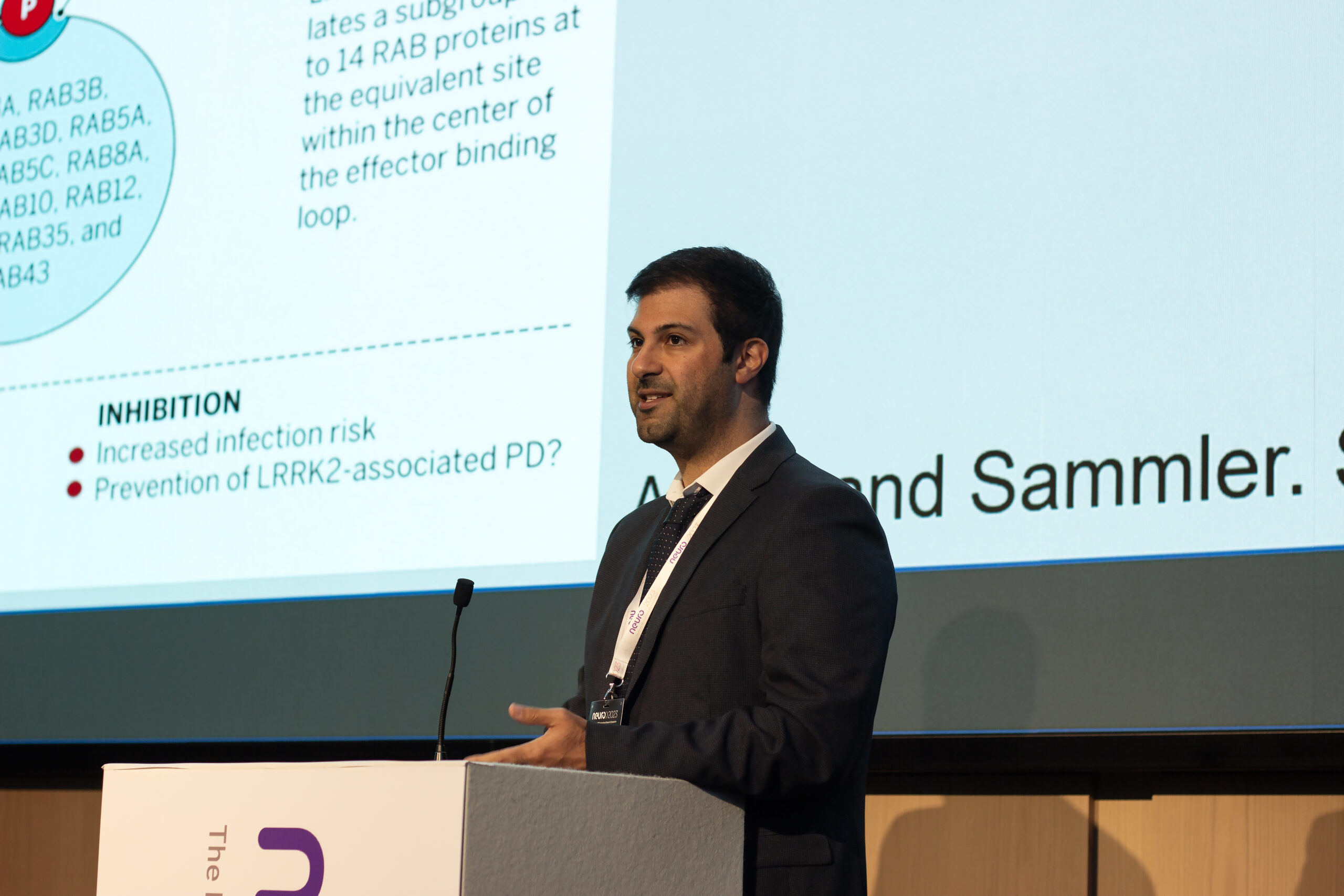OUR RESEARCH ACHIEVEMENTS
We’ve been funding and promoting PSP & CBD research for 30 years. Although there is still more to learn to help us achieve a quick and accurate diagnosis, immediate treatment and consistent care, there has been a lot of progress in this time too.
Here we share details of some of the research achievements we’ve funded through the past three decades.
ESTABLISHING PREVALANCE OF PSP
In 1999, we recruited Dr Uma Nath as a PSPA Research Fellow to help establish how many people were living with PSP in the UK.
Dr Nath’s two-year study found that PSP prevalence was 5 in every 100,000. The study also highlighted, it was taking around four years for individuals to be diagnosed with PSP, which is more than half the life span of the disease.
Uma’s study, and resulting papers, were received with great interest by the healthcare community including neurologists, GPs, ophthalmologists and more.
Read more about Dr Nath’s study on our interactive timeline, here.
“I have enormous respect for the achievements of PSPA and its far-sighted approach to not only supporting people who develop PSP & CBD but also supporting so much original research. This has had an enduring impact on the research landscape for PSP & CBD in the UK and internationally.” Dr Uma Nath

PROSPECT STUDY

PSP PREVALENCE GREATER THAN FIRST THOUGHT
In 2019, initial finding from the PROSPECT study highlighted that there could be up to 10,000 people in the UK living with PSP, double the amount previously thought.
The study found 50% of people had experienced delays in diagnosis because they initially presented with symptoms similar to other neurodegenerative conditions such as Parkinson’s disease and frontotemporal dementia.
Read more about these findings, here.
GENETIC VARIANT DETERMINES SPEED OF PSP PROGRESSION
Further findings from the PROSPECT study, found a genetic variant related to gene LRRK2 determines the speed at which the disease progresses. This gene has previously been linked to the risk of developing Parkinson’s Disease, so this new finding also suggests that there is a genetic link between the two conditions.
“While more research needs to be done, this finding opens the potential to target LRRK2 in future clinical trials as a treatment that may slow down PSP in its tracks.” Dr Ed Jabbari.
Read more about the findings, here.

